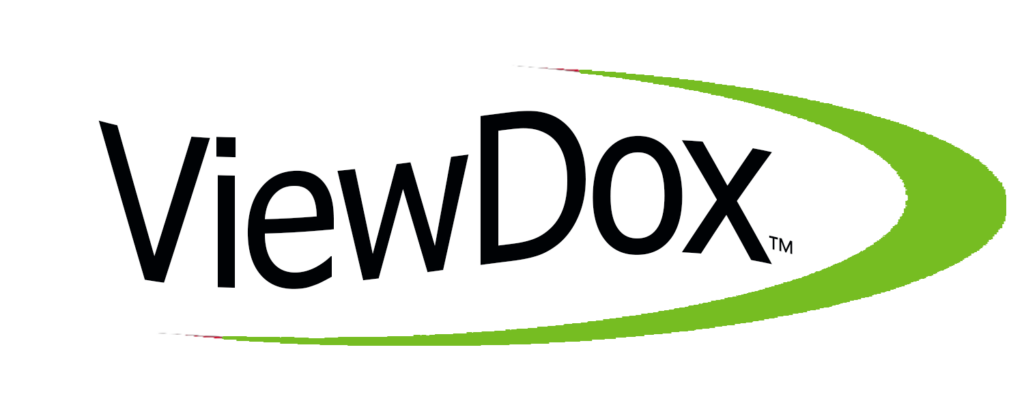eDiscovery Technology
Posted On June 2, 2021 Written by Cole Buck, Oasis Technology Solutions Manager, and Kelly Twigger
The world is more virtual than it has ever been. The pandemic has made working from home a reality that is unlikely to change. Instant forms of communication are the norm; email is becoming passé. Collaboration platforms like Zoom and Teams are now staples at organizations large and small, accessible from our desktops, laptops, and mobile devices.
Additionally, people are more attached to their mobile devices than any other object in their possession. The ability to create new electronically stored information (ESI) on the fly with a mobile device means the volume and sources of evidence created are growing and can be crucial to fact development in litigation. Further, using our mobile devices is commonplace in business. Our phones hold our personal and professional lives: our schedules, contacts, social posts, texts, pictures, audio and video files, communications with family, friends, and business colleagues…they have become our link to the world.

Beyond billions of texts, tweets, IMs, and social posts…new data types are emerging and evolving constantly (enter Clubhouse, which poses the challenge of collecting audio files from an invite-only platform). The use of these data types has skyrocketed in the last three years, and they are now ubiquitous in our culture. And yet, eDiscovery software is not evolving fast enough to help lawyers deal with the data—whether in collection, review, production, or presentation to a jury. Effectively dealing with any of these “non-standard” forms of data requires a level of complexity that most teams and lawyers don’t have. Finding the right tool for a specific type of data is hard if you don’t do eDiscovery every day, which most lawyers don’t. There is no single tool that handles the universe of data types that are currently flooding the industry. As it was recently discussed at the University of Florida eDiscovery Conference, there are data types for which collection tools either don’t exist or haven’t yet adapted.
Handling the new data types shared here requires the development of features and connectors by software companies. Custom development costs money, and smart companies are asking how building a specific feature will grow revenue. If only 1% of cases ever use TikTok data, what is the potential ROI for connecting to TikTok? Not very high. And, while the pandemic has created phenomenal growth in the use of Microsoft Teams, there is currently no solution for handling all aspects of that type of data.
Recent examples make it clear how difficult it is for developers to keep pace with the changes.
- In advance of the 2020 presidential election (based on allegations of interference from the 2016 contest), social media platforms changed their APIs, precluding existing social media tools from working as they had previously. See also, “How Social Media is Preparing for US Election Chaos.”
- Google recently changed how its chat feature works, relocating where it stores chat data.
- Adobe discontinued the support of its Flash Player (a common integration for tools) as of December 31, 2020, which meant standardized processes were immediately impacted.
Changes like these mean companies building tools to collect and manage data are constantly re-engineering to accomplish the same tasks.
While our tools may not be meeting the challenges that lawyers face, that is not stopping courts from requiring the production of data from these sources of ESI. In fact, judges across the country are recognizing the relevance of the discovery of multiple instant messaging platforms, chat messaging, and other short message format applications.
- DR Distribs. V. 21 Century Smoking, January 21, 2021 (N.D. Ill. 2021) awarded sanctions for spoliation of Yahoo! chat and web mail accounts.
- In re Citibank August 11, 2020 Wire Transfers, February 16, 2021 (S.D.N.Y. 2021) relied on Slack messages as evidence.
- Wan v. Debolt, February 25, 2021 (C.D. Ill. 2020) ordered the production of WeChat, WhatsApp, Facebook Messenger, and text messages.
So, we are left with this question: how do we provide juries the data they need to see, in a format they are used to while balancing ever-changing data sources and corporate ROI? i.e., can eDiscovery keep up with us?
There are many responses that could be given to this question and in varying degrees, they all may be accurate. There is no lack of creativity and development happening in every corner of the industry to customize solutions within the confines of the existing software available. So, thank a developer near you for their continued ability to have a vision, create, and push growth forward for us all.
Written by Cole Buck, Oasis Technology Solutions Manager, and Kelly Twigger, CEO and Founder of eDiscovery Assistant, and Principal at ESI Attorneys


Recent Comments